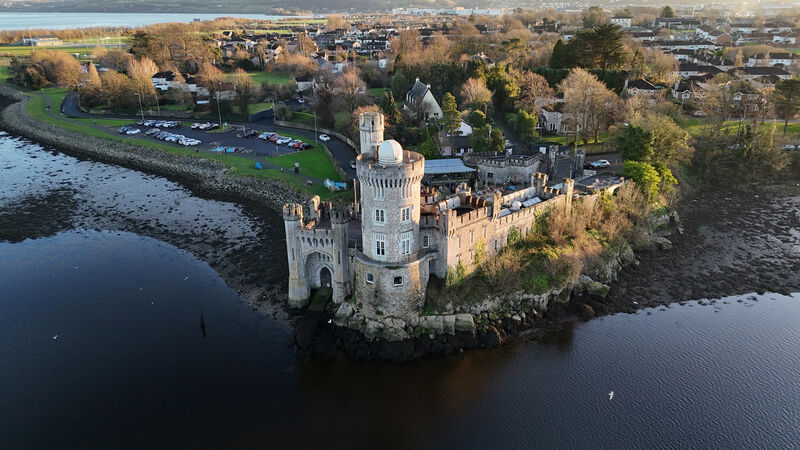Improvement in litter levels at Cork's Blackrock Castle but Dingle slips down ranking

Blackrock Castle. File picture: Larry Cummins
Blackrock Castle and Castletownbere in Cork were two areas that saw “dramatic” improvements in litter levels, however coffee cups have remained a significant polluter on beaches across Ireland, a new survey found.
Overall, some 50% of beaches and waterways surveyed had improved their litter status to 'clean', the annual survey of coasts and inland waterways by business group Irish Business Against Litter (IBAL) found.
CLIMATE & SUSTAINABILITY HUB













